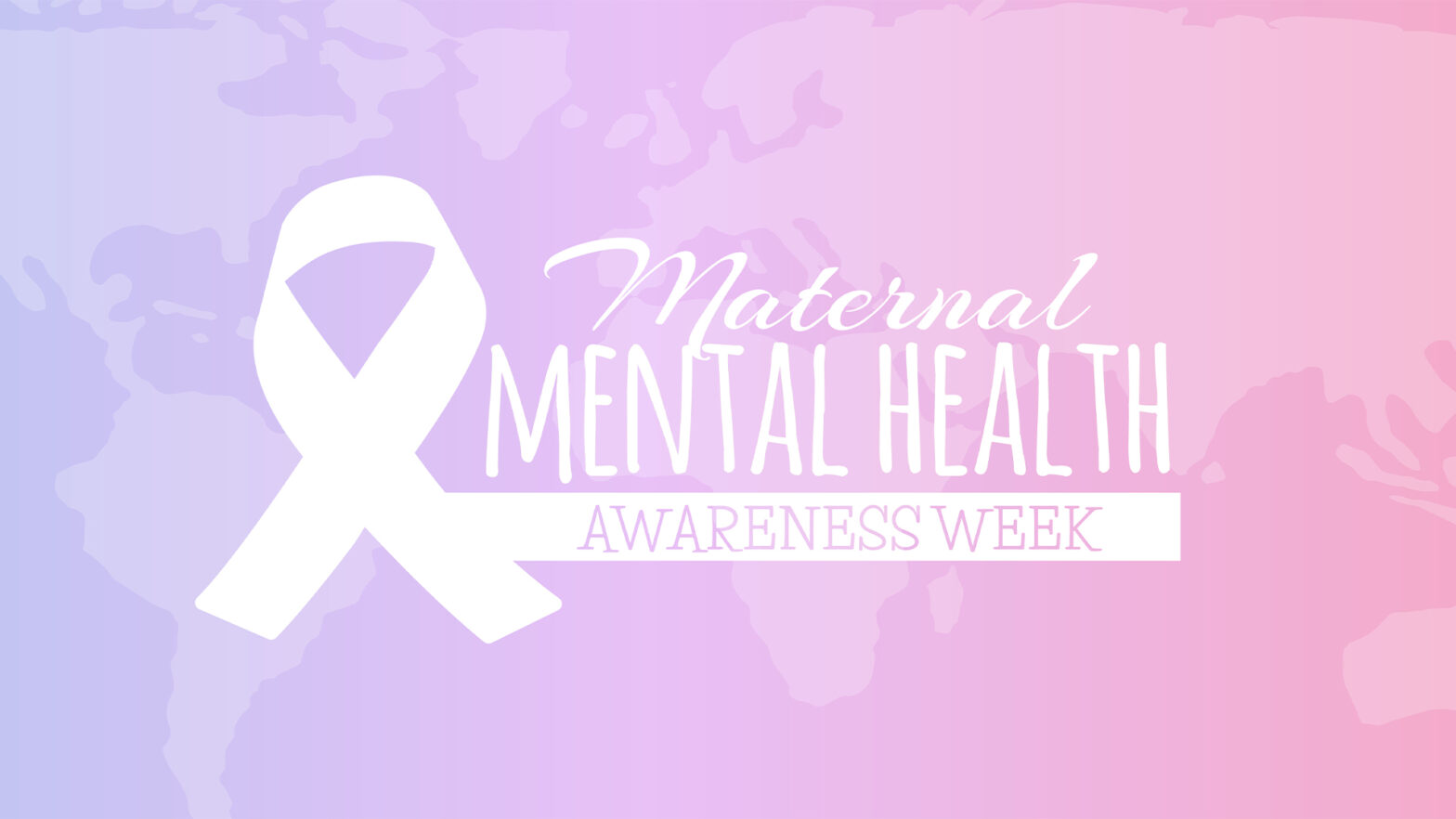
By Zahra Timsah, Leader at IQVIA Consulting Services and Analytics Center of Excellence (ACOE)
Artificial intelligence (AI) has the potential to transform healthcare delivery through its impact on healthcare systems, treatment outcomes, and patient well-being. However, a standardized ethical framework is needed to guide the development and deployment of AI applications across the industry and unify fragmented approaches to addressing biases, transparency, and accountability. Ensuring responsible AI implementation in healthcare is critical, and organizations can incorporate real world evidence (RWE) as an effective solution to these challenges.
The Role of Real World Evidence in Healthcare AI
The inclusion of RWE in healthcare decision-making expands insights beyond those from traditional clinical studies. Unlike controlled clinical trials, RWE leverages data from real world scenarios, encompassing diverse patient populations, socio-economic factors and healthcare settings. By integrating this information, responsible AI practices can be better informed, addressing biases and generating insights that align more closely with the complexities of actual healthcare delivery.
RWE also fills critical gaps in situations where clinical trial data might not capture the full spectrum of patient experiences. For example, in the context of drug development, it can provide a comprehensive understanding of a treatment’s effectiveness in different conditions. Understanding the long-term effects and efficacy of a novel therapy beyond the controlled environment of a trial not only enriches the evidence base but also facilitates the identification of nuances that might be missed in controlled environments. This improves decision-making and contributes to the development of best practices that are more robust and adaptable to the intricacies of healthcare.
Integrating RWE with AI also provides a more comprehensive understanding of how treatments perform across various demographics, co-morbidities, and healthcare settings, leading to more effective treatment protocols and personalized medicine approaches. For example, AI algorithms can leverage RWE to adjust cardiovascular disease models to account for factors such as patient age, gender, lifestyle and genetic predispositions. The increased understanding about the effectiveness of cardiovascular treatments in populations that might be underrepresented in clinical trials can lead to tailored treatment plans that significantly improve patient outcomes. This not only ensures equitable healthcare but also strengthens the trust that patients and clinicians have in AI-driven decision support systems.
RWE and Responsible AI Practices
A unified approach to responsible AI practices is needed to ensure healthcare equality across patient populations. As current approaches to addressing biases, transparency, and accountability vary, challenges from using different methods could arise. For example, if an existing health disparity were to be inadvertently perpetuated by an algorithm, one patient demographic could receive more accurate diagnoses and treatments than another. The adoption of a standardized ethical framework that uniformly guides the development and deployment of AI applications in healthcare can help avoid these concerns and build trust in the fair distribution of AI-driven benefits.
Organizations can implement accountability measures to develop internal guidelines for RWE’s ethical use in AI-driven healthcare interventions to ensure these programs align with the broader responsible AI principles. To harness the full potential of RWE in AI programs, organizations should adopt a multifaceted strategy that covers collaboration, governance and adherence to evolving guidelines. An example of this is the collaboration between pharmaceutical companies and healthcare providers to pool RWE from diverse sources, such as electronic health records, wearables and patient-reported outcomes, to create a more robust and representative dataset for AI applications.
Standardized governance frameworks also play a pivotal role. Establishing clear guidelines for the ethical use of RWE in AI-driven healthcare interventions ensures that these programs are aligned with the broader principles of responsible AI. This includes addressing issues of data privacy, transparency and accountability. An organization that proactively incorporates RWE in its AI programs within a responsible governance framework not only gains a competitive advantage but also contributes to the establishment of industry-wide best practices.
Building a Better Healthcare Environment
The pivotal role RWE plays in ensuring the ethical integration of AI into healthcare decision-making processes underscores how incorporating data from a broader demographic helps decision-makers make informed choices founded on the diverse realities of patients. This shift is not merely about enhancing decision-making efficiency; it’s a move towards a more patient-centric, evidence-based and ethically sound approach.
As organizations continue to navigate the complexities of this transformative intersection between AI and RWE, they contribute to the evolution of industry standards, fostering a healthcare landscape that is not only technologically advanced but also ethically robust. The combination of RWE and AI can ensure a holistic view that considers the nuances of individual patient journeys, leading to more effective and patient-centric healthcare interventions.

















